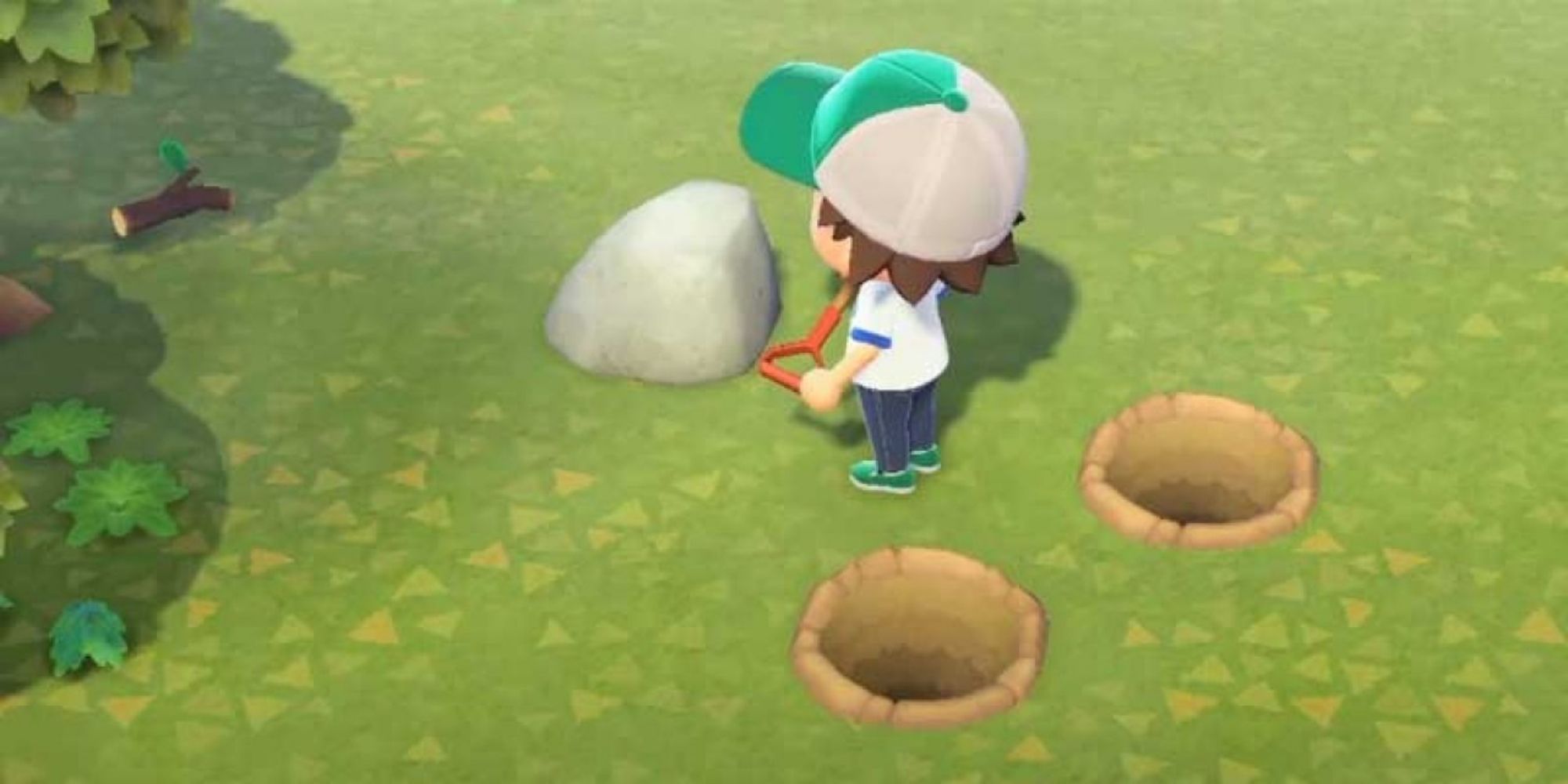Look, I'm really sorry everybody. Either you've been keeping up with gaming news over the holidays and are therefore sick of everybody and their grandma's dog having an opinion on Square Enix's new year's letter, or this is the first you're hearing it and I'm welcoming you into 2022 with a firm custard pie to the face. Lead features editor Jade King already tackled the sinister undertones of Square Enix's embrace of NFTs, in which the company admits that most people don't like them and would rather "play for fun", then argues why this is a bad thing we should actively seek to change. It's bizarre, but the alternative it offers is "play to contribute" – an idea that, in another context, could be incredibly cool.
To be clear, I'm not defending Square Enix here. I woke up on New Year's Day to find Square Enix taking a shit in the middle of the floor, smiling at me while saying "I know you don't want this, but a tiny section of our fans paid me an extortionate amount of money to do it in the hopes they could sell the rights to clean up my shit for even more money!"
Related: 2022 Will Be A Great Year For Video GamesI don't want to talk too much about NFTs. I've already written about why they will never work in gaming. We might get them, for a little while. Square Enix likes the idea, Ubisoft has gone early and fumbled, but may well be back, and Stalker was rebuffed but its boldness may see other devs use more caution in future NFT reveals. They might appear, as a passing fad, but they will never really work because not enough people care about nor understand them. That, plus the idea that you can take a gun from one game and move it to another creates horrible licensing issues, not to mention the extra effort you're asking, say, Naughty Dog devs to go through so you can keep your sidearm from Far Cry with you.
No one who talks about what NFTs bring to a game ever has anything from a gameplay perspective. If you look at VR, adoption has been slow, but you'll find no end of fans who will describe how much more immersive VR is, how VR remakes let you relive your old favourites from a new perspective, and how much joy VR can bring to gaming if used well. Nobody in the NFT racket ever talks about joy – it's all about money.
This is what Square Enix means when it says people will trade playing for fun in order to play to contribute. It means they will stop looking to games for enjoyment and start looking to them for profit – of course, with Square Enix able to skim a little off the top of every sale. It's gross, even for an industry whose greed seemed to know no bounds back when pictures of ugly monkeys were just pictures of ugly monkeys and not harbingers of creative doom. But play to contribute as an idea could be wonderful – it's just a shame this version of it is a massive scam.
Play to contribute already exists, in a fashion. I'm not sure even its biggest fans would say Death Stranding is fun, but it is built upon the idea of working together to contribute to something bigger than yourself. In a different way, Animal Crossing is similar. I have over 300 hours in Animal Crossing, and I enjoyed them all – but digging holes, pulling up weeds, and paying off mortgage loans aren't exactly 'fun' either. It was all in service of the idea that you're building towards something more.
I don't think video games are too violent in the sense that they're causing our kids to become sociopathic killers, but they are too violent in the sense that being stronger than someone, or hitting someone, or shooting someone, or [insert violent act] someone is how you win. While some modern games explore humanity's use of violence, mostly you kill whoever gets in your way and that's fine because you're the good guys.
Playing to contribute could change that, if we come up with a way for it to happen. Valheim is a typical video game in that you clobber and fire arrows at your enemies, but most of what we took away from Valheim was the experience of homesteading, often with a bunch of mates. We killed a boss every now and then, but mostly we laid foundations and raised walls. Gaming does have a future where we play to contribute, but NFTs and moneymen have no part in it.
The one silver lining is that developers have mostly rejected NFTs instantly. The people who actually make games want nothing to do with them. Josef Fares would rather "get shot in the knee". Unfortunately, right now we have too many executives ready to pull the trigger.
Source: Read Full Article

